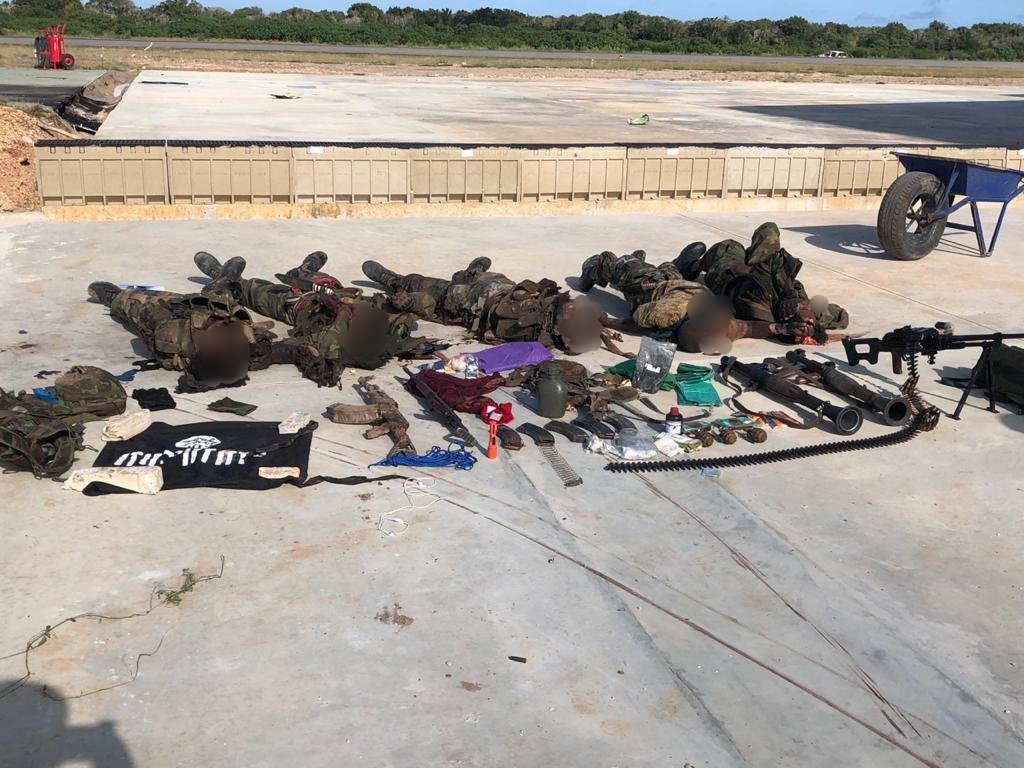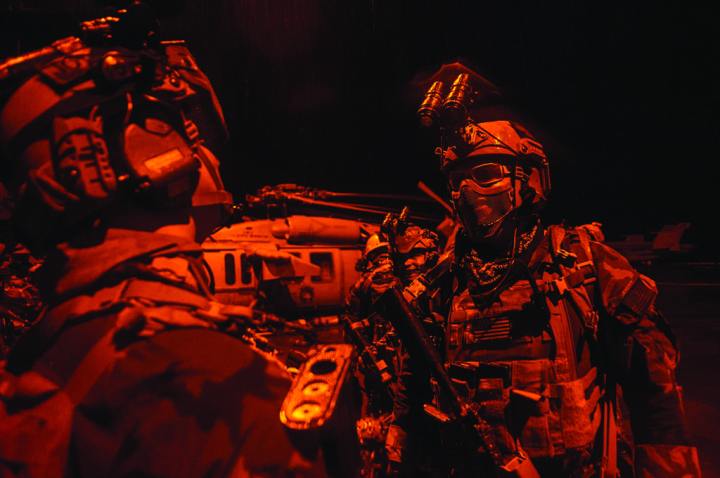On January 5, an assault force of al-Shabaab terrorists attacked a Kenyan military base and an adjacent airbase that housed American troops. The attack resulted in the deaths of three Americans and the destruction of two surveillance aircraft.
If it weren’t for a small team of U.S. troops, however, the attack would have been much deadlier.
Although the details about the event are still murky, U.S. Africa Command (AFRICOM) officials stated that a combined U.S.-Kenyan force repelled the terrorists, thereby saving numerous lives.
“We had a very small U.S. force following the initial attack absolutely repel the al-Shabab attackers away from the airfield. And they did that under fire,” said Major General William Gayler, AFRICOM’s director of operations. “A very small group of U.S. and Kenyans cleared every single building out at the airfield.”
One American servicemember and two civilian contractors were killed during the attack: The serviceman, U.S. Army Specialist Henry Mayfield Jr. was assigned to 1st Battalion, 58th Aviation Regiment, 164th Theater Airfield Operations Group. One of the two contractors was Dustin Harrison a pilot flying the Intelligence, Surveillance, and Reconnaissance (ISR) aircraft stationed in the airbase. The name and duties of the second contractor remain private.
The al-Shabaab attack also destroyed two aircraft: A C146A Wolfhound, belonging to Special Operations Command (SOCOM), and DHC-8-202 N8200L, belonging to the Air Force Special Operations Command (AFSOC) and previously used by Dynamic Aviation for contract work.
Five Jihadists were killed during the attack.

The dead enemy and their gear.
Following the al-Shabaab attack, AFRICOM’s forces in East Africa have been augmented by the East Africa Response Force (EARF), which is comprised of troops from the 101st Air Assault Division.
Colonel Dave Foley, the Operations Officer of the 101st, said that “the 101st Airborne Division Soldiers, currently fulfilling the role of East Africa Response Force, provide a unique capability to the [AFRICOM] combatant commander. They offer speed, agility, and security to handle contingency actions. This was demonstrated after the attack in Manda Bay, Kenya.”
Already have an account? Sign In
Two ways to continue to read this article.
Subscribe
$1.99
every 4 weeks
- Unlimited access to all articles
- Support independent journalism
- Ad-free reading experience
Subscribe Now
Recurring Monthly. Cancel Anytime.
AFRICOM is conducting an investigation into the attack and has sent two senior officers to oversee it: U.S. Army Major General Michael Turello, who is responsible for operations in the Horn of Africa, and U.S. Air Force Brigadier General Leonard Kosinski, AFRICOM’s director of logistics.
U.S. Army General Stephen Townsend, the commanding officer of U.S. Africa Command, said in a statement that “al-Shabaab is ruthless and must be dealt with before the network expands its reach to other places, to include their stated desire to strike U.S. citizens on the U.S. homeland. This al-Qaida-aligned terrorist network has demonstrated an ability to conduct external attacks previously and will continue to do so unless they are countered where they reside.”











COMMENTS